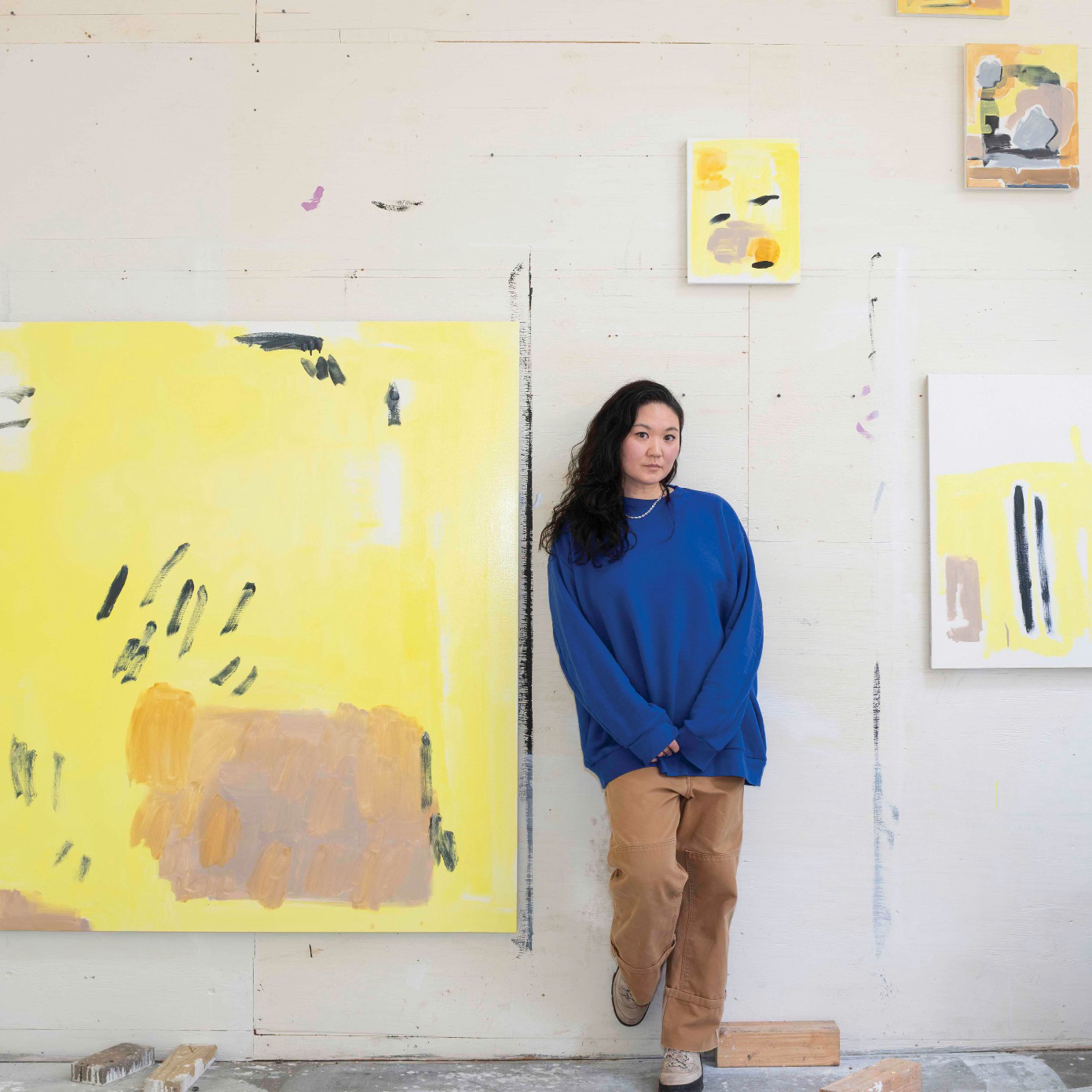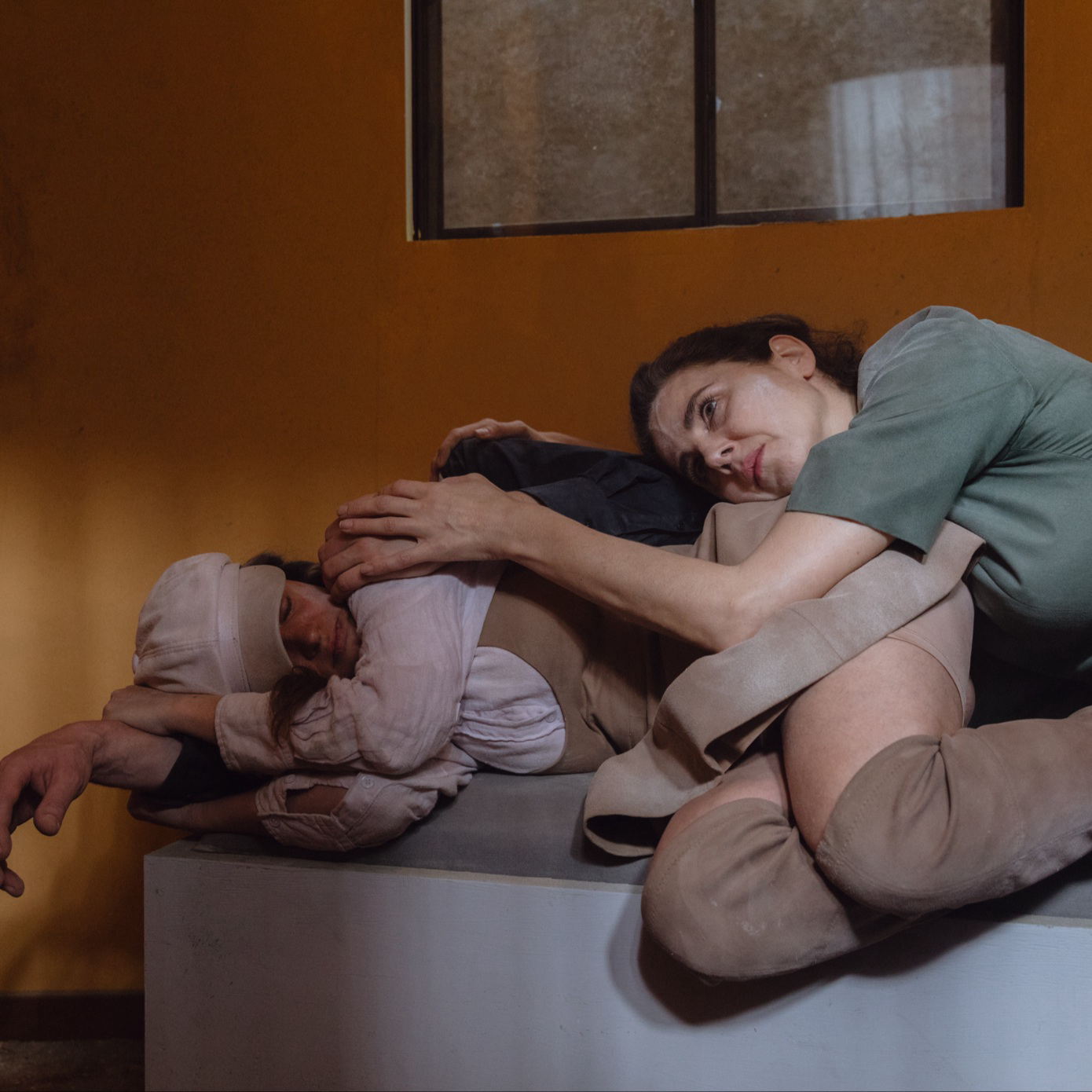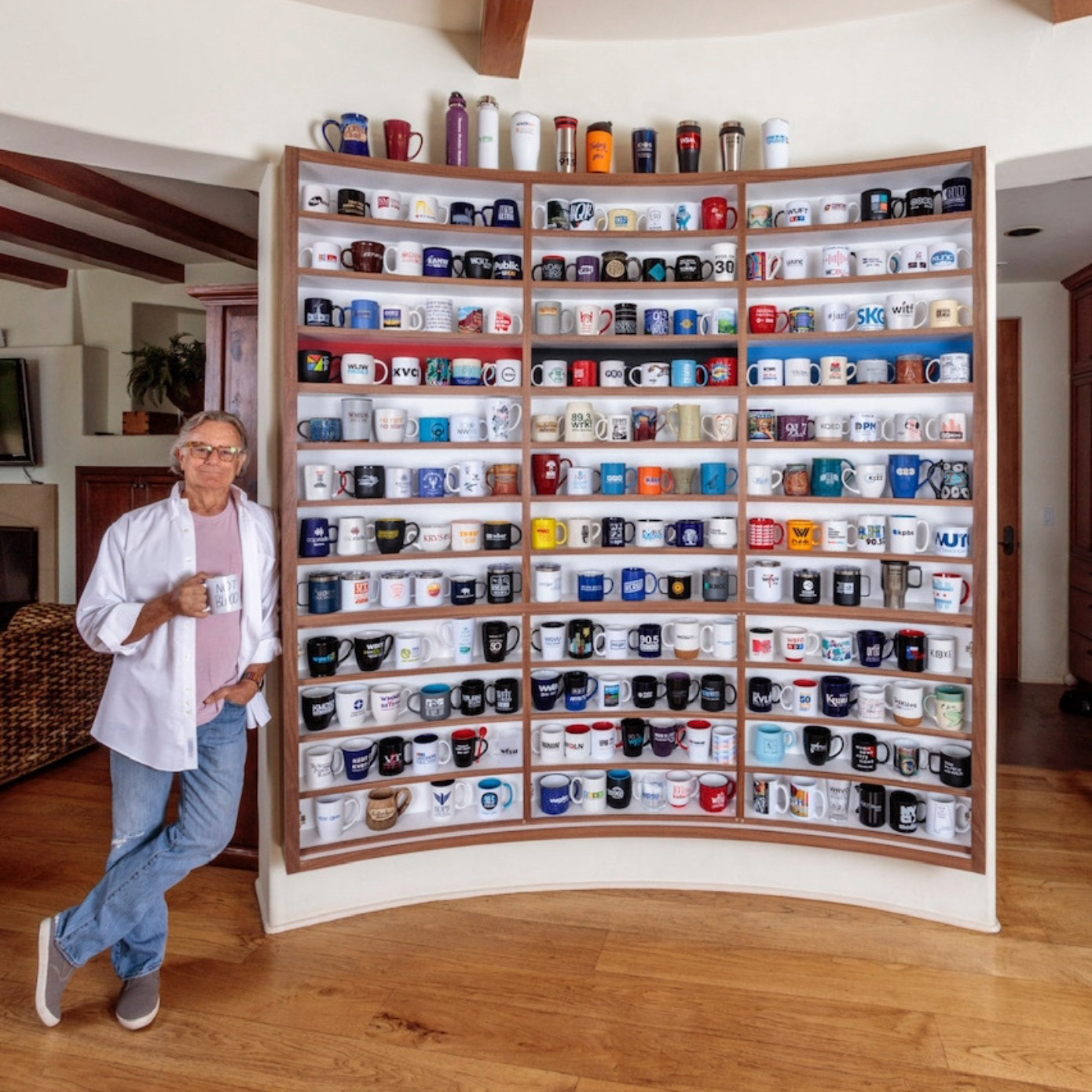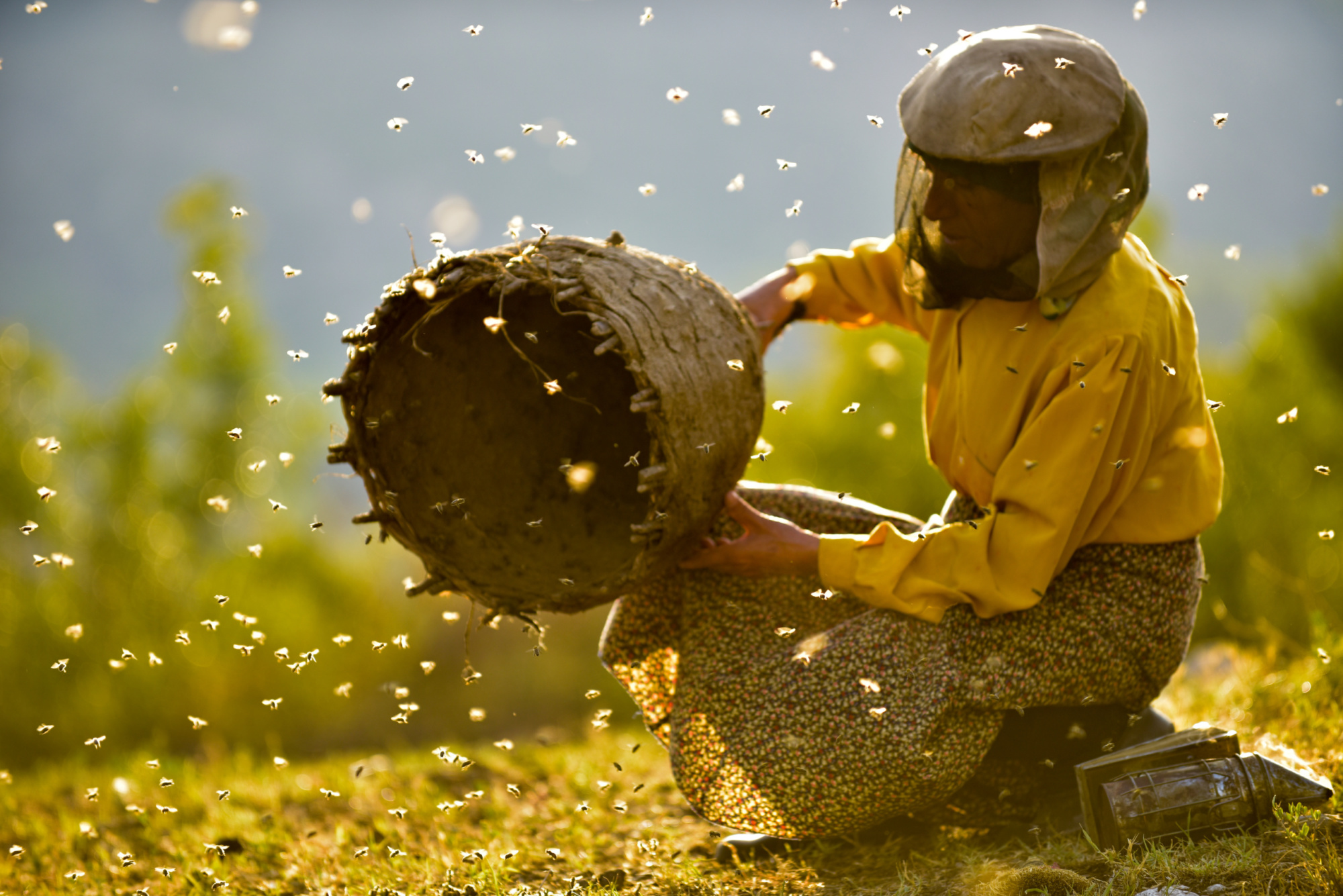
Following the life of a middle-aged beekeeper, Hatidze Muratova, in a deserted village in North Macedonia, the cinema vérité documentary Honeyland (2019), directed by Tamara Kotevska and Ljubomir Stefanov, delivers a bittersweet meditation on humans’ relationship with nature, intertwined with a subtle and affectionate character study.
Hatidze’s mantra “half for them, half for me” perfectly encapsulates her approach to sustainable honey harvesting. She leaves half of the honey for her bees to live on, while selling the other half to customers in the country’s capital Skopje, thus earning the money necessary to feed herself and her elderly mother Nazife. Hatidze’s efforts for environmentally sound stewardship are soon thwarted by her new neighbors, a rowdy and financially desperate family of nine, who disregard her tried method. Trying to provide for his wife and seven children, Hussein Sam decides to over-harvest which ultimately leads to a destabilization of the delicately balanced ecosystem.
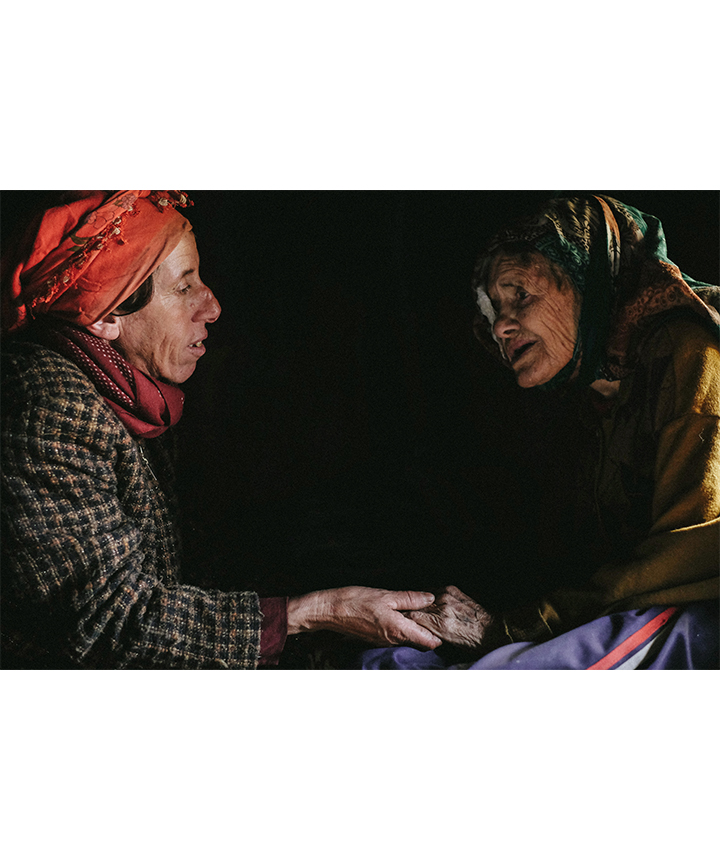
While the movie’s message can be read as an ode to nature’s pivotal role in our lives, or a reflection on the perils of capitalism, its pure-hearted storytelling transcends the boundaries of the traditional documentary. Recently becoming the first-ever movie to get a nomination at the Academy Awards both for Best International Feature and Best Documentary, Honeyland can seem a bit paradoxical at first—but the directors’ decisions become clearer as the film lingers in your mind. The film omits the classic documentary elements (there’s no caption cards, interviews, or a narrator contextualizing Hatidze’s efforts), the coherent editing (executed by Atanas Georgiev) is what makes the three years of shooting into a tightly-knit work. The visuals are equally intricate—Fejmi Daut and Samir Ljuma have somehow managed both to stoically look at scenes most people will find disturbing and accentuate the beauty of the Macedonian nature. Every time the camera gets intimately close to Hatidze, her mother and the Sams, the filmmakers' rapport with their subjects grows more palpable.
Thanks in part to films like Honeyland, Macedonian filmmakers are getting out of the narrow historical playing field focused on the Ottoman Empire and Yugoslavia and finally getting on the global radar. Emerging from a country where most of the hubs regularly top the world list of most polluted cities on Earth, and UNESCO has warned the local authorities of the reclassification of Lake Ohrid as an endangered heritage site, Honeyland is hyper-aware of the global urgency to be considerate towards nature and one another. Will we finally catch up to it and 'only take half' of what we are given?

